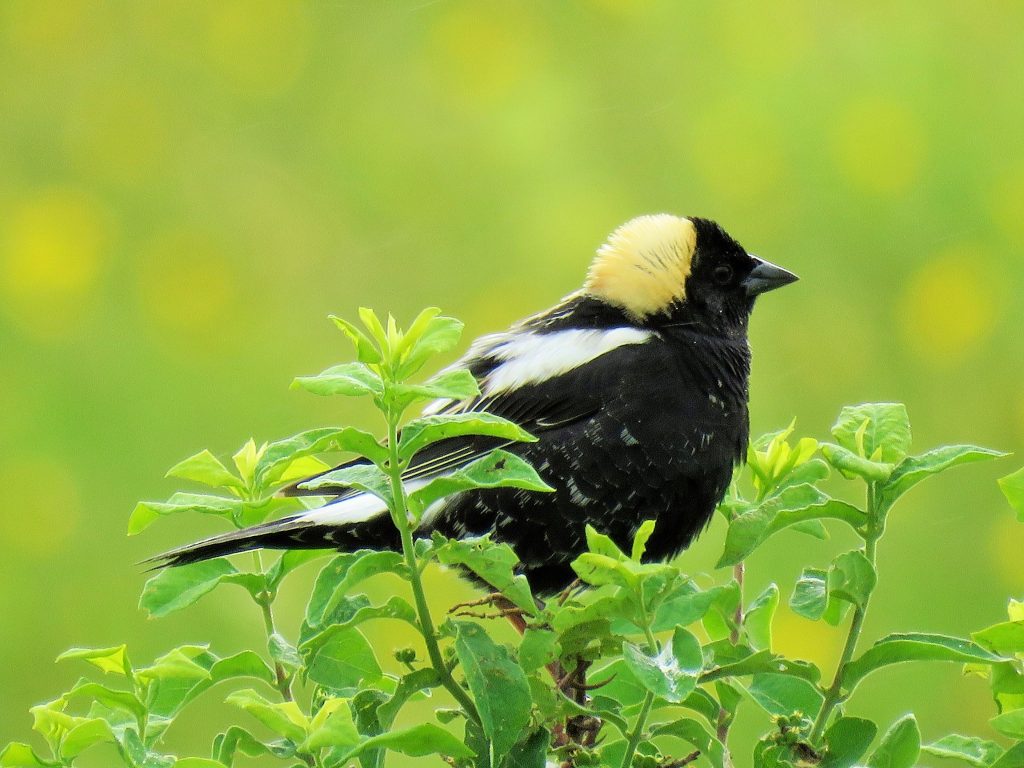
Northeast Bird Habitat Conservation Initiative (NBHCI) co-coordinator, the Cornell Lab of Ornithology, recently received a Sarah K. deCoizart Perpetual Charitable Trust grant to accelerate bird conservation on private lands in the Northeast. The award supports the initiative’s core objectives by providing $125,000 for regional conservation projects over two years.
The grant will be used to support a series of projects being carried out by NBHCI partners, including members of the Regional Conservation Partnership (RCP) Network – 54 networks of organizations working toward collaborative landscape protection in New England.
“This is a wonderful opportunity for the Northeast Bird Habitat Conservation Initiative, as it meets the overall initiative goal: to help the RCP Network connect with bird conservation in ways that advance and expand their efforts, their partnerships, and ecological priorities.” said Katie Blake, Conservationist at the Highstead Foundation and co-leader of the Northeast Bird Habitat Conservation Initiative. “We are hoping these projects will demonstrate regional conservation as a way to approach landscape-scale protection that will benefit birds, people, and the environment.”
“We are hoping these projects will demonstrate regional conservation as a way to approach landscape-scale protection that will benefit birds, people, and the environment.”
Katie Blake, Highstead Foundation
Katie collaborated with NBHCI co-lead Sara Barker of the Cornell Land Trust Bird Conservation Initiative to provide an RCP perspective to the grant proposal. This grant allows the NBHCI to demonstrate the value of expanding private land conservation efforts through diverse partnerships with landowners, Audubon groups, and RCPs.
Activities supported by this grant include:
The Ag Allies program in Maine and Mass Audubon’s Bobolink project will provide landowners and farmers with incentive payments to offset the cost of bird-friendly management changes, funding for grassland restoration, and technical expertise to incorporate bird conservation into holistic farming practices. Through outreach, workshops, and the development of educational materials for landowners, these partners will help build landowner awareness about the benefits of restorative grassland practices for birds.
Audobon Vermont will produce a bird-friendly forestry webinar series for RCPs to learn how to integrate best practices in silviculture and forestry management for New England birds. Building on this webinar series, Audubon Vermont will implement sustainable management practices for Wood Thrush and Black-throated Blue Warblers, creating a bird-friendly maple and forestry demonstration site within the Cold Hollow to Canada RCP.
The Cornell Lab of Ornithology will develop and host an eBird workshop for RCP leaders focused on landowner engagement and using eBird science data for conservation planning and prioritization. RCP leaders will be eligible to apply for mini-grants to run eBird workshops for their respective partnerships after the first year of training, creating an RCP eBird ambassador network.
Please contact Katie Blake, Conservationist, for more information on the Northeast Bird Conservation Initiative.